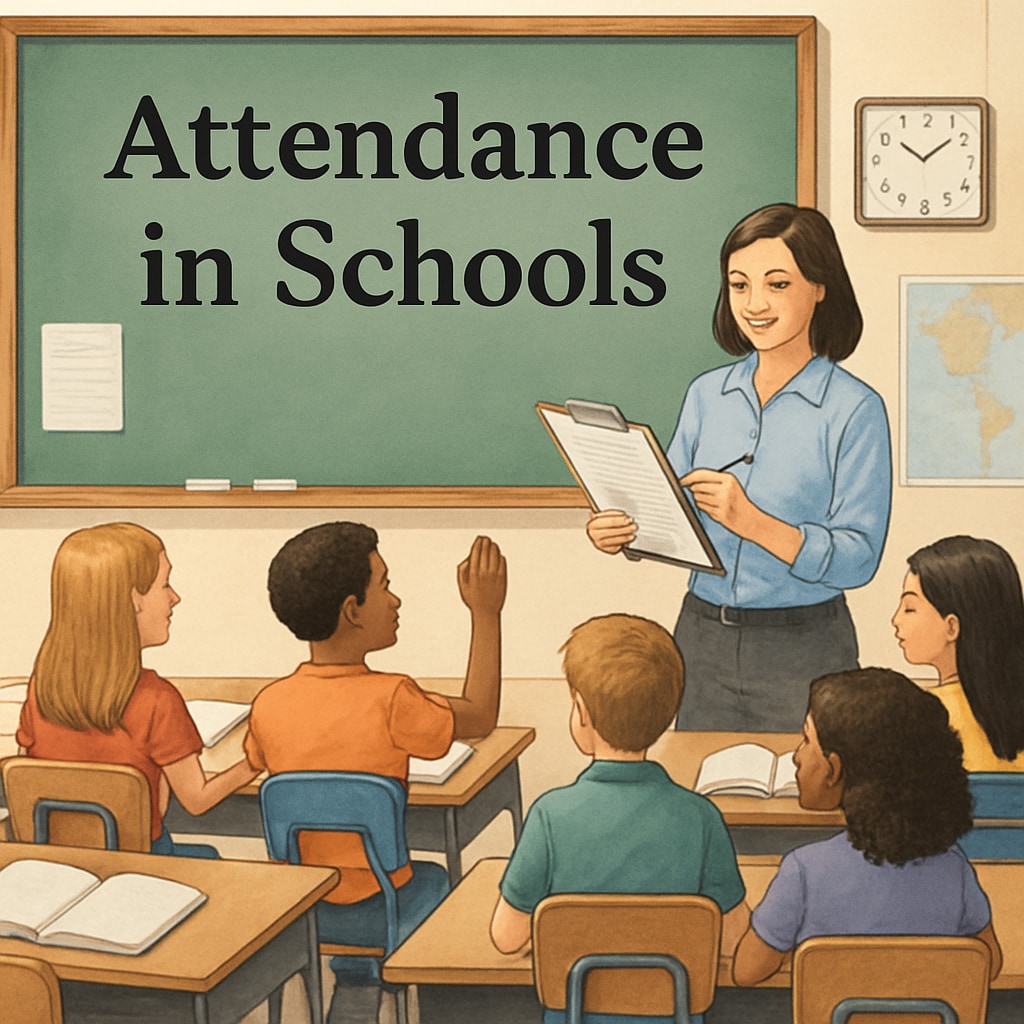Strict attendance policies, absentee penalties, and school interventions have become a growing source of tension between educational institutions and families. While schools aim to instill discipline and ensure consistent learning, parents often view these policies as overly rigid, neglecting the nuances of individual family values and circumstances. This article explores the friction between strict attendance rules and parental beliefs, shedding light on the impact of such policies on students’ development and the broader school-family relationship.
The Rationale Behind Strict Attendance Policies
Attendance policies are rooted in the idea that consistent classroom participation is vital for academic success. Schools enforce these rules to minimize absenteeism, prevent learning gaps, and maintain classroom dynamics. For example, research indicates that chronic absenteeism correlates with poor academic outcomes and lower graduation rates (source). As a result, many schools adopt strict penalties for absences, ranging from grade reductions to mandatory counseling sessions.
However, these policies often fail to account for the diversity in family circumstances. Emergencies, mental health needs, or cultural practices may occasionally necessitate absences, leading parents to feel that their values and priorities are overlooked. This disconnect can create frustration, as families may view schools as imposing a one-size-fits-all approach to education.

The Conflict: Attendance Rules vs. Family Values
For many families, strict attendance policies clash with their broader values and priorities. Parents may prioritize family trips, religious observances, or mental health days over rigid school attendance. For instance, a family may see a cultural festival or a long-awaited vacation as an invaluable learning experience, while the school views it as an unauthorized absence.
This conflict is further exacerbated when schools impose harsh absentee penalties, such as detention or grade deductions. Parents may feel disempowered and resentful, believing that their role as primary decision-makers in their child’s life is undermined.
Moreover, the lack of flexibility in attendance policies can strain the parent-school relationship. When parents perceive schools as overly punitive, they may be less inclined to collaborate with educators, leading to a breakdown in communication and trust.
Balancing Rigor with Respect for Diversity
To address this conflict, schools must find a balance between enforcing attendance policies and respecting family values. A more flexible approach could include:
- Allowing excused absences for cultural, religious, or family events.
- Providing alternative assignments or online learning options for missed classes.
- Incorporating parents into policy discussions to create a more inclusive framework.
Additionally, schools can adopt a more compassionate stance by recognizing the underlying reasons for absences. For example, mental health days are increasingly seen as legitimate and necessary, reflecting a growing awareness of students’ emotional well-being (source). By showing empathy and understanding, schools can build stronger relationships with families while still promoting accountability among students.

The Role of Communication and Collaboration
Effective communication is key to resolving attendance-related conflicts. Schools should engage parents in open dialogue about attendance policies, explaining their rationale while remaining receptive to family concerns. Parent-teacher conferences, surveys, and workshops can help bridge the gap, fostering mutual understanding and cooperation.
Furthermore, schools can benefit from adopting a more collaborative approach to attendance. Instead of solely focusing on punitive measures, educators can work with families to develop personalized attendance plans that align with both school expectations and parental values.
Building a partnership between schools and families not only reduces tension but also creates a supportive environment that prioritizes students’ holistic development. When parents and educators work together, students are more likely to thrive academically, emotionally, and socially.
Conclusion: Toward a Balanced Approach
The tension between strict attendance policies and parental values highlights the need for a more nuanced approach to education. By acknowledging the diverse needs of families and fostering open communication, schools can create attendance policies that are both effective and inclusive. This balance ensures that students benefit from consistent learning while respecting the unique circumstances and values of their families.
In the end, education is a partnership. When schools and parents collaborate, they can create a system that supports students’ growth while honoring the diverse perspectives that shape their lives.
Readability guidance: The article uses short paragraphs, clear subheadings, and lists to enhance readability. Transitions like “however,” “for example,” and “in addition” are used throughout to maintain a logical flow.


